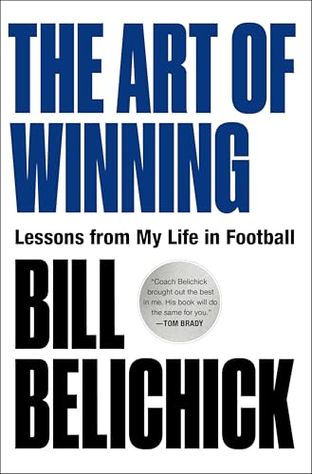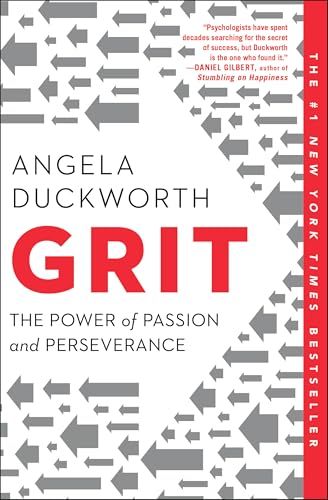Review of The Art of Winning
by Johny McFliggen, PhD Literature & Business, Oxford
Ah, "The Art of Winning" by Bill Belichick—a mythical tome that exists only in the collective imagination of sports enthusiasts yearning for a Rosetta Stone of gridiron genius. Sadly, this elusive manuscript has yet to materialize in our tangible world. Yet, let us indulge in an exercise of speculative scholarship, for Belichick's name alone conjures a pantheon of strategic acumen worthy of Homeric epics.
If such a book were to exist, one might anticipate it to be an opus on strategy, akin to Sun Tzu's "The Art of War," but with the tactical nuance of a man who could likely outwit the most cunning of warlords. We could imagine chapters illustrating the art of reading opponents like an enigmatic chess master or the science behind transforming unheralded talents into Pro Bowlers. These pages would undoubtedly be rife with insights on leadership, dissecting the mind of a coach whose stoic demeanor belies a penchant for meticulous preparation and adaptability—an NFL version of Machiavelli's "The Prince."
In the realm of comparable literature, Ian O’Connor’s "Belichick: The Making of the Greatest Football Coach of All Time" serves as a laudable proxy, providing a deep dive into the mind and methods of this modern-day tactician. O’Connor's narrative is rich with anecdotes and analysis, not unlike David Halberstam’s "The Education of a Coach," which offers a more intimate portrait of Belichick's formative influences.
To draw possible parallels, consider Bill Walsh's "The Score Takes Care of Itself," where Walsh articulates principles of leadership that resonate with the same clarity and wisdom one might expect from Belichick. Or perhaps Jim Collins' "Good to Great," which transcends its business roots to offer universal truths about achieving excellence—a fitting cousin to what could be Belichick’s theoretical magnum opus.
In our speculative review, we might ponder whether "The Art of Winning" would reveal Belichick's secret playbook. But much like Willy Wonka's chocolate factory or the Ark of the Covenant, some mysteries remain sacrosanct. Until such pages are penned and bound, we must content ourselves with the existing chronicles of Belichick’s brilliance, which offer more than enough fodder for both the armchair strategist and the devoted disciple of the game.
In any case, Bill Belichick’s teachings, real or imagined, continue to enrich our understanding of not just football, but leadership and the relentless pursuit of excellence—a testament to the art of winning in its most pure and complex form.
Purchase Link: The Art of Winning on Amazon



